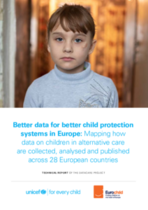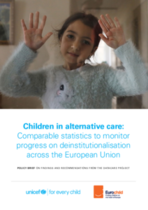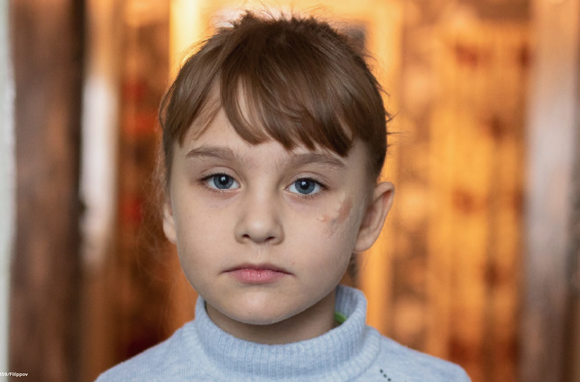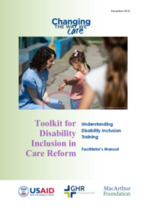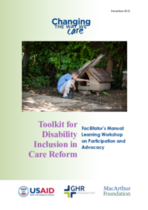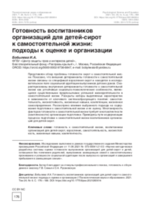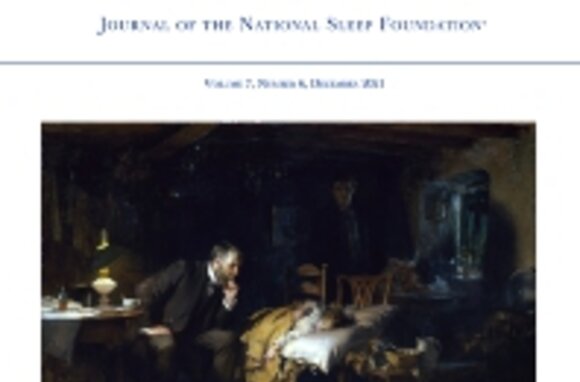DataCare Project Technical Report: Better data for better child protection systems in Europe - Mapping how data on children in alternative care are collected, analysed and published across 28 European countries
This report was conceptualised jointly by Eurochild and the UNICEF Europe and Central Asia Regional Office (ECARO) and builds on the Eurochild report on alternative care in Europe published in 2009. It also includes a full set of country profiles.

